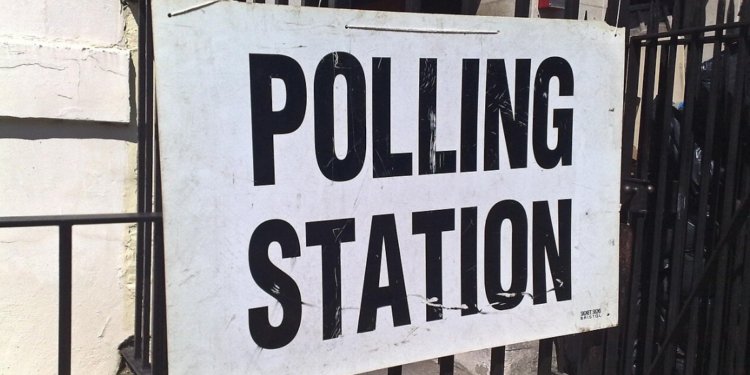The Financial Times described Britain’s 2024 election result as the “most distorted ever”. And you can see why. At one extreme, Labour got 34% of the vote and ended up with 64% of the seats. At the other extreme, Reform got 14% of the vote and ended up with only 1% of the seats. Hence each Reform seat represents 26 times more votes than each Labour seat.
What’s more, all four main parties other than Labour got a lower percentage of the seats than they got of the votes. So Labour was the only party that benefited from Britain’s first-past-the-post system – and it benefited hugely. (When you take into account tactical voting, the Lib Dems may have also benefited. According to a YouGov poll, 39% of people who intended to vote Lib Dem said they were voting tactically to stop the Tories from winning, and most of those 39% actually supported Labour.)
Hence both right-leaning parties were hurt by Britain’s first-past-the-post system, Reform massively so. Unsurprisingly, Nigel Farage has described first-past-the-post as “outdated” and “not fit for purpose”, and has promised to campaign for changing the voting system.
Ironically, the reason the 2024 election result was so distorted was that Reform ‘stole’ large numbers of votes from the Conservatives, thereby splitting the right-wing vote in many constituencies and allowing Labour to come first. At the 2019 election, the Conservatives actually benefited from the first-past-the-post system, winning 56% of the seats with only 44% of the vote. (I do not blame Reform for this; the Conservatives deserved to lose in 2024.)
In any case, the fact is there are now two major right-leaning parties in British politics. Both are well-funded and both represent a sizeable fraction of the electorate. (According to the latest polls, the Tories are on about 24% and Reform is on about 18%.) One party is older and more established, but the other seems to have greater support on social media.
And crucially, neither has shown any appetite for working with the other. Back in August, all six Tory leadership candidates ruled out letting Farage join the party. And Farage retorted that joining the Tories “is of no interest to me whatsoever”.
So we have a situation where there are two major right-leaning parties and they refuse to work together. Unfortunately, this is a recipe for disaster in a first-past-the-post electoral system. (For the left, of course, it is a blessing). When the next election comes round, the right-wing vote in many constituencies will again be split, and Labour will win another overwhelming majority in the House of Commons. This will be exacerbated by the fact that one in six Conservative voters is expected to die before the next election.
Given that neither the Tories nor Reform is going to step aside for the other, the only solution is for the two parties to jointly campaign for changing the voting system. If they don’t, both face electoral oblivion. Fortunately, they should be able to count on support from the Lib Dems and the Greens, both of which have long been in favour of ending first-past-the-post.
Ideally, all four main parties other than Labour would run on a platform of changing the voting system, and tactical voting would ensure that no government could be formed without a promise to hold another referendum.
Now, you might say that if Tory and Reform voters can vote tactically on the issue of changing the voting system, why can’t they vote tactically on all the other issues too? Why is there a problem to begin with? The answer is that changing the voting system is an interest they both have in common now, and any long-term alliance would be inherently unstable.
Politics in Britain, as in every Western country, is increasingly multidimensional. The old left-right axis no longer captures the major divisions on issues like the economy, foreign policy, immigration and the environment. In such circumstances, a system based on proportional representation makes vastly more sense than one based on first-past-the-post. And If the voting system isn’t changed, the right may cease to have much say in government.










To join in with the discussion please make a donation to The Daily Sceptic.
Profanity and abuse will be removed and may lead to a permanent ban.